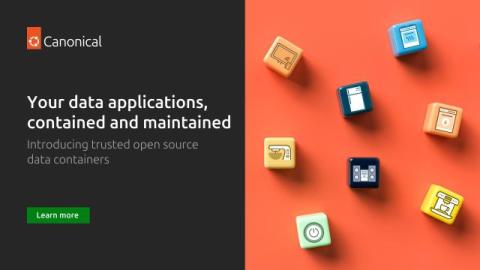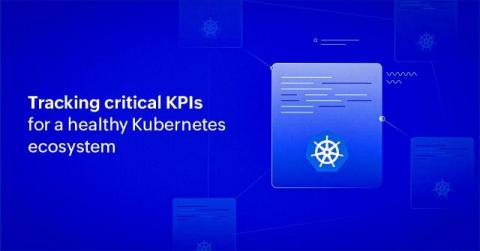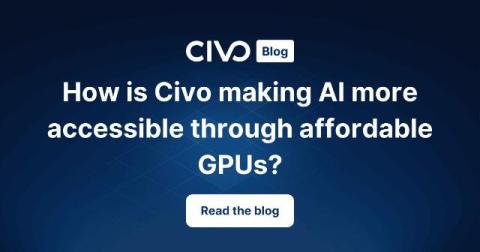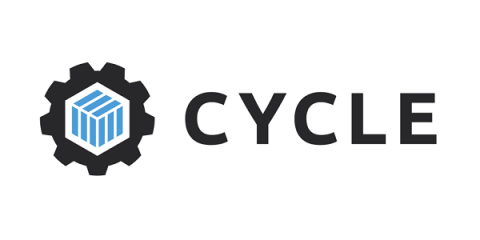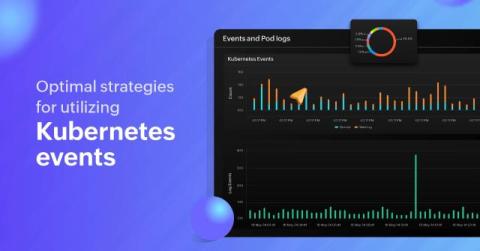Your data applications, contained and maintained
It’s time to stop proclaiming that “cloud native is the future”. Kubernetes has just celebrated its 10 year anniversary, and 76% of respondents to the latest CNCF Annual Survey reported that they have adopted cloud native technologies, like containers, for much or all of their production development and deployment. Cloud native isn’t the future – it’s here and now. Data-intensive workloads are no exception.


